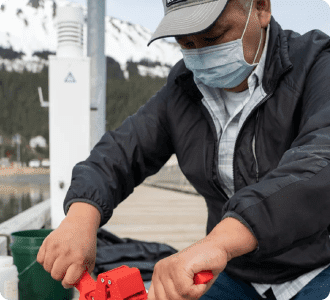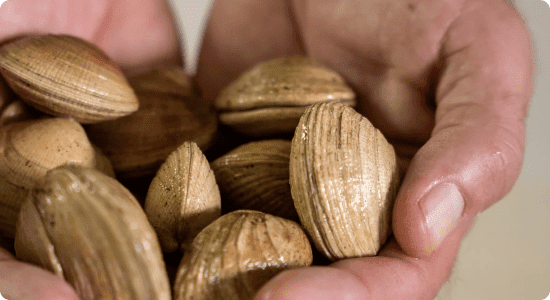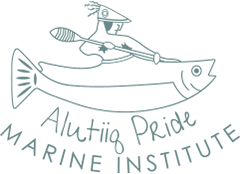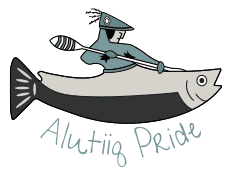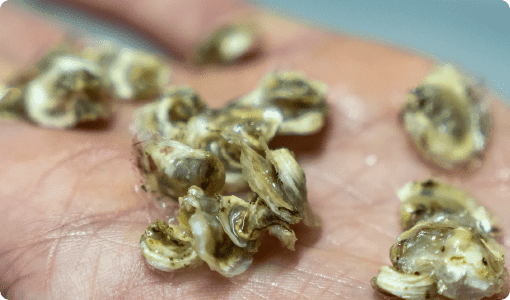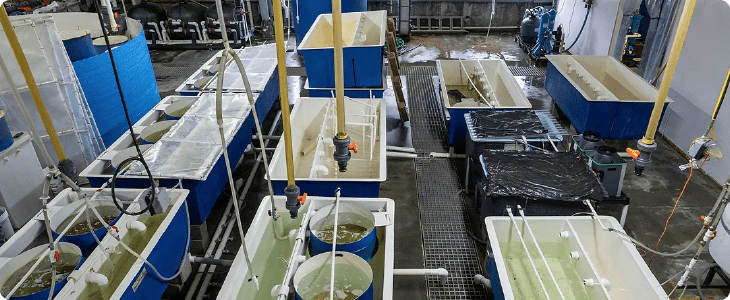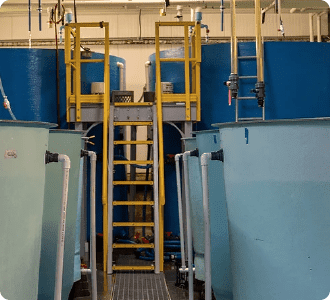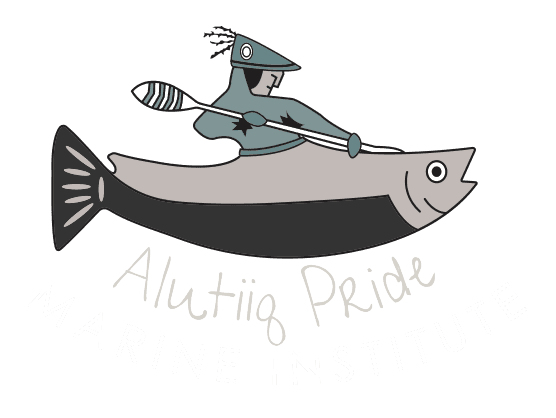
Alaska’s Mariculture Technical Center & Marine Research Facility
Meq unguarpet. Pirpak meq unguakan, Chuchachermiut unguaciqut.
“The water is our source of life. So long as the water is alive, Chugach Natives are alive.” Walter Meganack Sr., past chief, Port Graham, 1989
Join us for a virtual tour to see what goes on in the hatchery
and get an in-depth look at the projects we are working on.
The Chugach Regional Resources Commission operates the Alutiiq Pride Marine Institute.
Our mission is to engage in both marine research and mariculture to protect natural resources and economic opportunities for the Peoples of the Chugach region.
Located in Seward, Alaska, Alutiiq Pride Marine Institute (APMI), previously the Alutiiq Pride Shellfish Hatchery, began operations in 1994. APMI was built by the State of Alaska with criminal settlement funds from Exxon Valdez oil spill as Alaska’s only shellfish hatchery and Mariculture Technical Center. Following completion of the construction in 1998, the City of Seward leased the building to the Marathon Native Tribe, now Qutekcak Native Tribe and the Chugach Regional Resources Commission (CRRC) heavily supported the startup and operations. In 2004 CRRC took over the operations of the facility, maintaining the physical plant and continually upgrading and improving the hatchery systems so it remains a state-of-the-art facility.
APMI has become a leader in marine research, specializing in all aspects of coastal marine science at a regional level with statewide impact. Its mission is to engage in both marine research and mariculture to protect natural resources and economic opportunities for the Peoples of the Chugach Region. APMI conducts research on numerous topics and focuses on coastal and marine ecosystem health and the issues affecting Tribal Members, animals, and the environment.
These topics include ocean acidification, animal behavior and physiology, harmful algae, marine pathogens, mariculture development, habitat restoration, and preservation of subsistence and recreational harvest opportunities. APMI also examines ocean chemistry, harmful algae, and shellfish biotoxin levels to inform safe shellfish harvest and provide comprehensive data on ocean conditions within the Chugach region.
In addition, APMI is a leader in the production of kelp and shellfish seed stock for both the mariculture industry and Tribes. Kelp and shellfish mariculture is a sustainable practice that offers numerous benefits, such as economic opportunities, climate change remediation, and traditional food sovereignty. APMI has recently established a kelp seed nursery to cultivate kelp start spools. These spools are provided to farmers across Alaska to facilitate the establishment of open ocean kelp farms.
Leading the Way
APMI is a leader in the production of kelp and shellfish seed stock for both the mariculture industry and Tribes.
Below is a list of the species that APMI proudly produces.
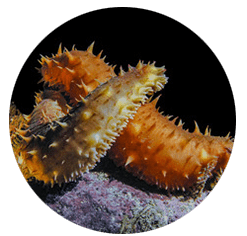
California sea cucumber
(Parastichopus californicus)
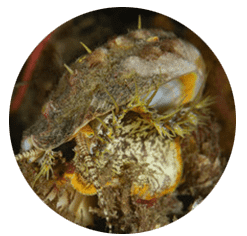
Pinto abalone
(Haliotis kamtschatkana)
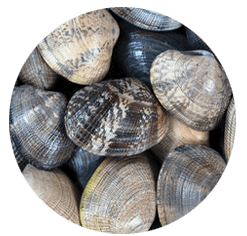
Littleneck clam
(Protothaca staminea)

Butter clam
(Saxidomus giganteus)
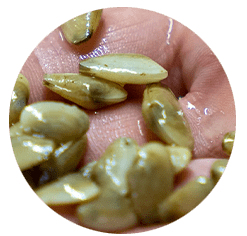
Soft shell clams
(Mya arenaria)
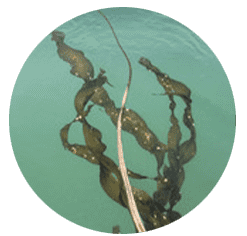
3 species of kelp
(Saccharina latissima)
(Nereocystis luetkeana )
(Cymathere triplicata )
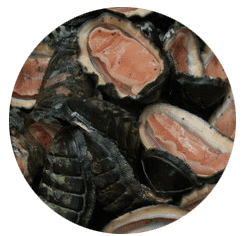
Bidarki (black chiton)
(Katherina tunicata)
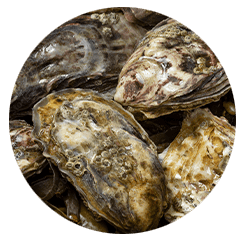
Pacific oyster
(Crassostrea gigas)
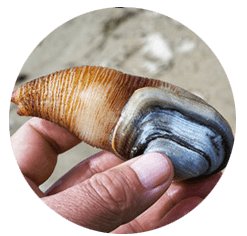
Geoduck clams
(Panapea generosa)
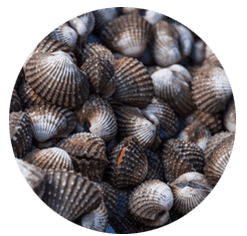
Basket cockle
(Clinocardium nuttallii)
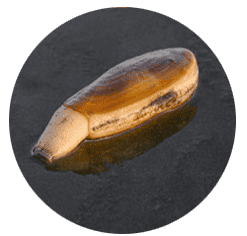
Pacific razor clam
(Siliqua patula)
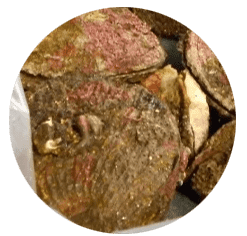
Purple hinge rock scallop
(Crassodoma gigantea)
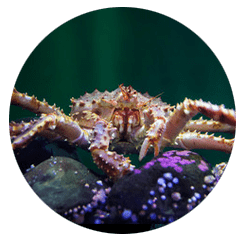
Blue king crab
(Paralithodes platypus)
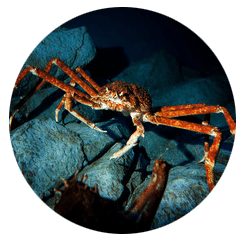
Red king crab
(Paralithodes camtschaticus)
